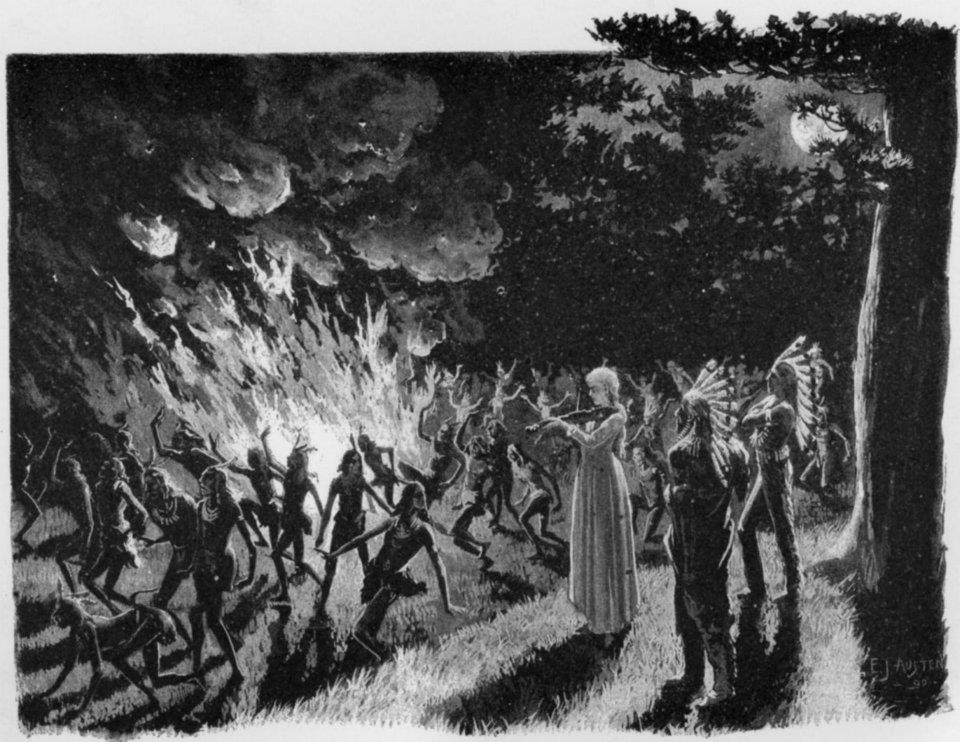POTLATCH

Gretchen at the Potlatch Feast
“Potlatch is a festive event within a regional exchange system among tribes of the North pacific Coast of North America, including the Salish and Kwakiutl of Washington and British Columbia.”
The potlatch takes the form of governance, economy, social status and continuing spiritual practices. A potlatch, usually involving ceremony, includes celebration of births, rites of passages, weddings, funerals, puberty,and honoring of the deceased. Through political, economic and social exchange, it is a vital part of these Indigenous people’s culture. Although protocol differs among the Indigenous nations, the potlatch could involve a feast, with music, dance, theatricality and spiritual ceremonies. The most sacred ceremonies are usually observed in the winter.
Within it, hierarchical relations within and between clans, villages, and nations, are observed and reinforced through the distribution of wealth, dance performances, and other ceremonies. Status of families are raised by those who do not have the most resources, but distribute the resources. The host demonstrates their wealth and prominence through giving away the resources gathered for the event, which in turn prominent participants reciprocate when they hold their own potlatches.
Before the arrival of the Europeans, gifts included storable food (oolichan [candle fish] oil or dried food), canoes, and slaves among the very wealthy, but otherwise not income-generating assets such as resource rights. The influx of manufactured trade goods such as blankets and sheet copper into the Pacific Northwest caused inflation in the potlatch in the late eighteenth and earlier nineteenth centuries. Some groups, such as the Kwakwaka’wakw, used the potlatch as an arena in which highly competitive contests of status took place. In rare cases, goods were actually destroyed after being received. The catastrophic mortalities due to introduced diseases laid many inherited ranks vacant or open to remote or dubious claim—providing they could be validated—with a suitable potlatch.
Sponsors of a potlatch give away many useful items such as food, blankets, worked ornamental mediums of exchange called “coppers”, and many other various items. In return, they earned prestige. To give a potlatch enhanced one’s reputation and validated social rank, the rank and requisite potlatch being proportional, both for the host and for the recipients by the gifts exchanged. Prestige increased with the lavishness of the potlatch, the value of the goods given away in it.

